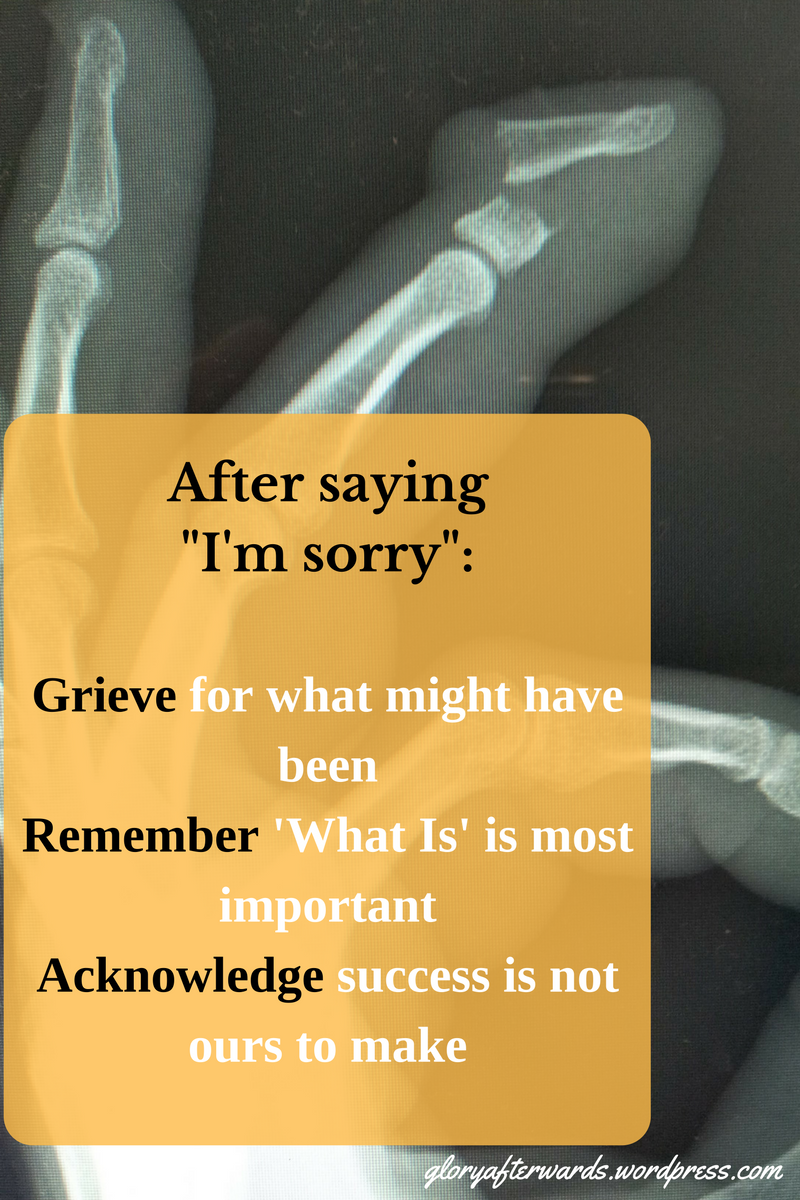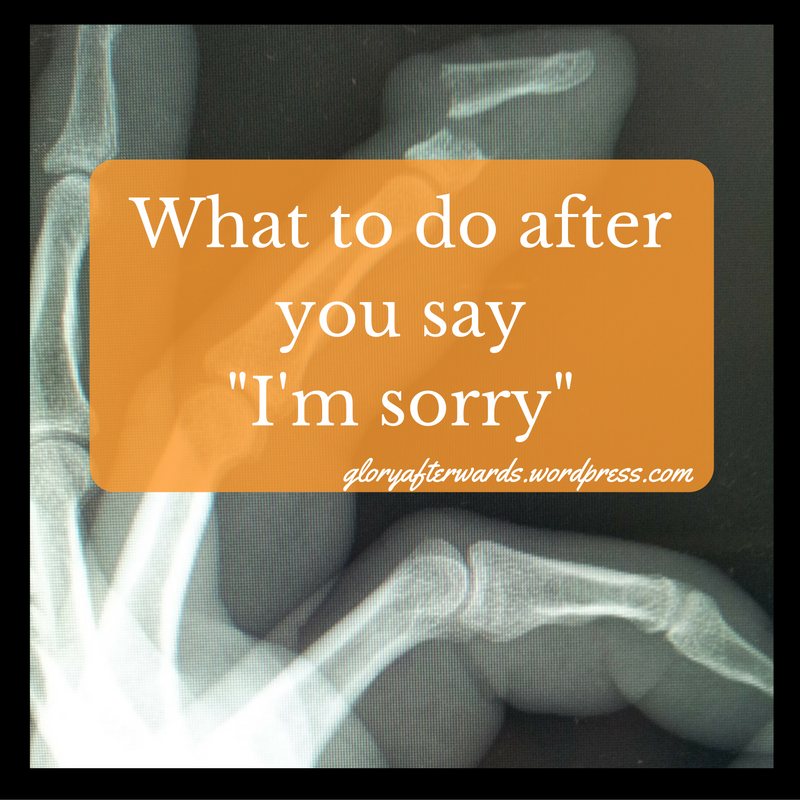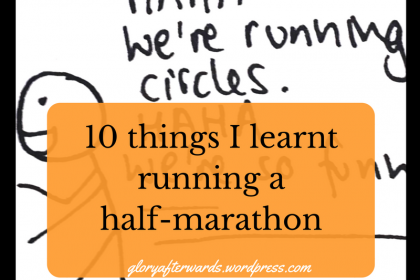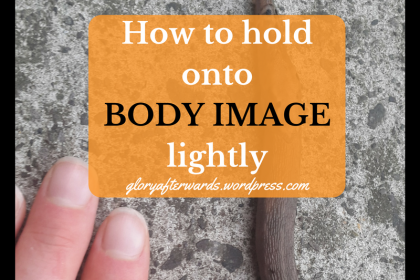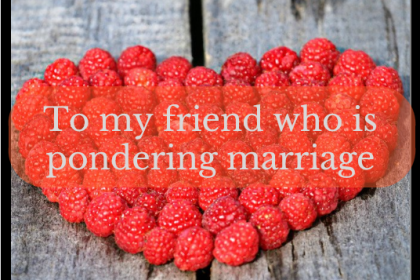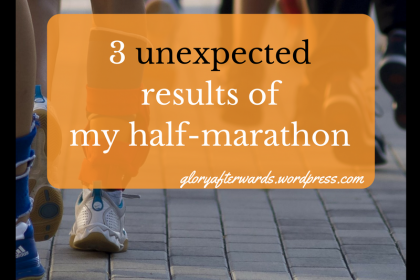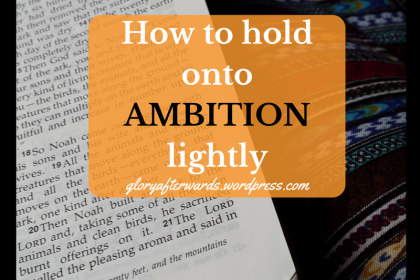| BLOG UPDATE |
Happy 2017! Posting will continue like last year, with a few differences: Expect a new post every Thursday. On Monday I will be posting over at Called to Watch, so head over there at the beginning of the week.
Posts will alternate between ‘deep’-pondering-life posts and shorter, yay-life-and-culture posts.
Comments are always very welcome.
| BLOG UPDATE |
On making mistakes
Last week I made a mistake. A rather big one. Not monumental perhaps, in the ‘grand scheme of things’, but a frustrating, embarrassing, inconvenient-with-the-potential-to-have-been-worse sort of mistake.
As children we ‘stuff up’ a lot, and rather spectacularly too – or at least so I remember. That’s natural after all, we’re still figuring out what ‘right’ looks like, what expectations and unspoken rules the world has, and what is appropriate in certain situations.
As we mature, I think we tend to ‘slip up’ less obviously. I’d like to say that’s because now we are more skilled at minimising collateral damage, but I suspect most of the time we are just better at shifting the blame or defending our actions.
This mistake I made… it forced me to take a closer look at how I respond to my blunders, be they accidental or intentional. Of chourse, we know the responsible and grown-up response is to speak up and admit “It’s my fault.” That’s all very well and good, but it doesn’t end there. ‘Owning up’ does not necessarily fix the error after all.
So how do we deal with the aftermath of “I’m sorry”?
We grieve
I think we need to acknowledge that mistakes are painful. Often they hurt others, or at the very least inconvenience them. They make us feel embarrassed or sickened, depending on the situation. Some mistakes we make are so huge that the results will never leave us. Even if this is not the case, an accident is still an accident. No amount of words or logic will change that.
Mistakes hurt.
They make us feel sad.
That’s normal.
We remember that ‘is’ is important
In the end, there is no should-have-dones or could-have-beens but only What Is. All the other realities or possibilities that we like to dream about or agonise over… they are simply not as special or as significant as What Is.
This is because What Is exists and the other do not.
These other realities may seem better, may be better, less painful, more enjoyable, more ‘right’ – but they do not deserve the same consideration.
‘What Is’ is all we have to work with in the end. While dreams are nice, they are not worth much of our time or emotional energy because they do not go anywhere.
Our mistakes are ‘What Is’ and so they are worth accepting.
We know that success is not in us
It’s all very well to say ‘What Is’ has significance and we should just forget what could have been had we not erred – but that is extremely hard to do.
This is because we can all chose between ‘good’ and ‘better’. We know intuitively what a ‘better’ outcome looks like, and what the ‘best’ outcome would be – whatever the situation.
And so, when the ‘best’ does not occur (and it’s our fault) we become disheartened.
I think mistakes hurt more as adults because they’re hurting the life that we’ve struggled to build. By the time we leave childhood we are fighting to subdue life, to drag out of it what we want – be that a certain relationship or career or state of being.
Our mistakes jeopardise our chances of obtaining success (whatever that looks like for you or me) and so they are actually very, very important.
I find it helpful to remind myself that success is not in me. It’s really not. God my creator has told me that success is a relationship with Him – and who am I to argue with my designer?
If I have such a relationship, then I have success.
And the brilliant thing? No blunder from me can possibly drag me out of His hands. That’s one mistake I cannot make!
Searching through the aftermath
And so in the wake of my stupid, frustrating, costly mistake, I am studying my life closely. I’m asking myself:
Am I grieving because mistakes are sad – or because I think I ruined my life?
Am I submitting to the plan of God and what has occurred – or am I refusing to trust that God uses all mistakes?
Am I disheartened by my mistake because I feel that it was up to me to make something of my life and I’ve failed – or am I clinging to the reality that because of my relationship with God, I am already ‘successful’?
